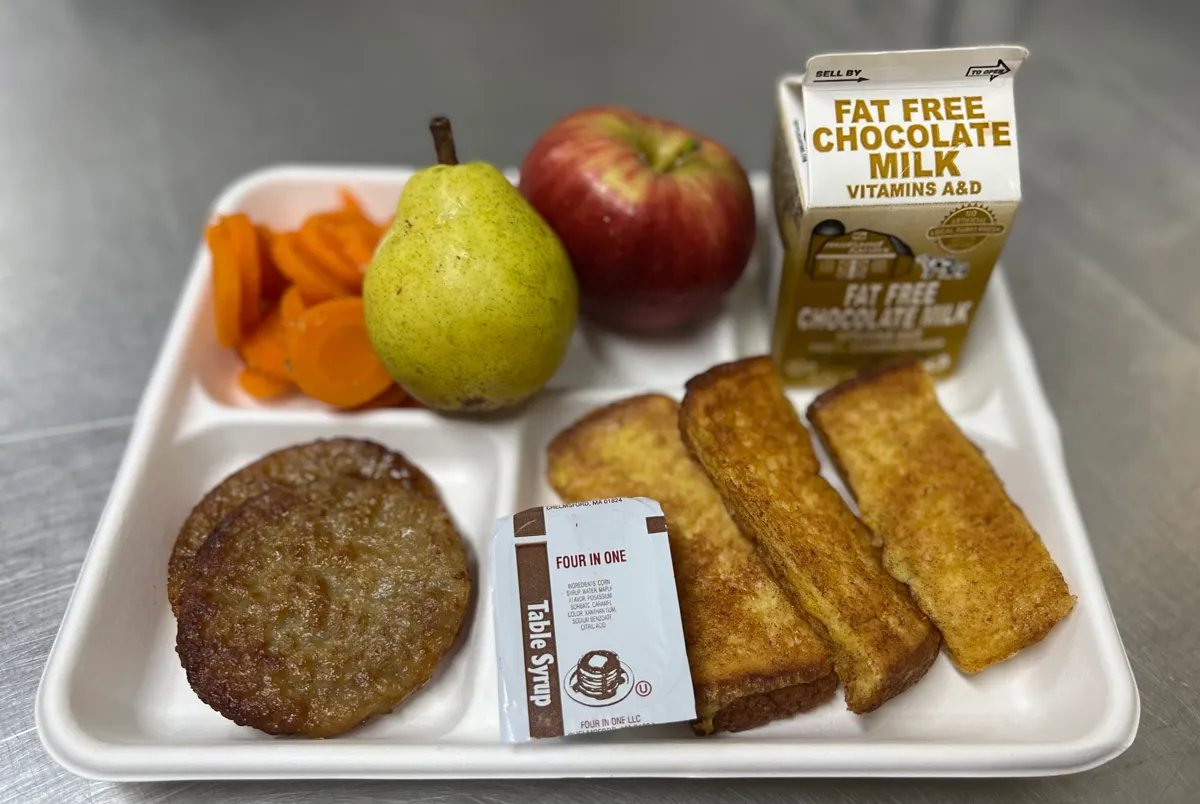Free school breakfasts move closer to reality in Virginia
Lawmakers press forward on a $29 million plan to fight hunger and boost learning, as critics raise concerns about funding and focus

Lawmakers press forward on a $29 million plan to fight hunger and boost learning, as critics raise concerns about funding and focus
